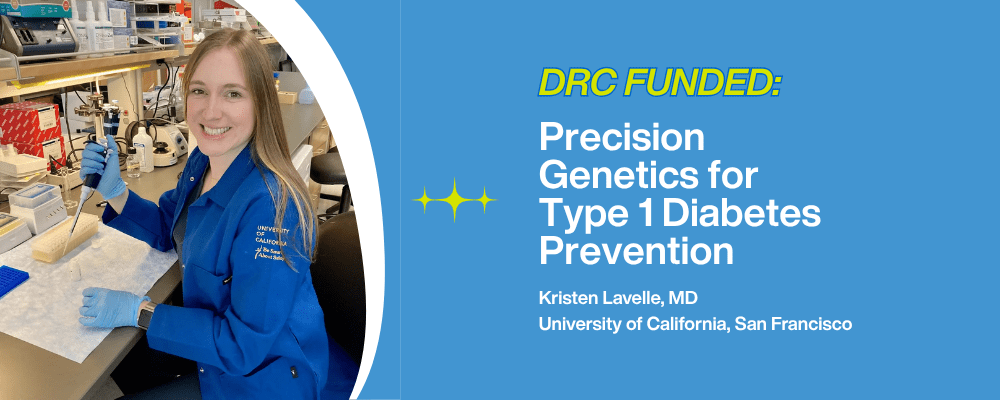Many people are familiar with the two most common types of diabetes – type 1 diabetes and type 2 diabetes – but other forms exist such as gestational diabetes. According to a recent study, researchers have discovered another type as well: checkpoint inhibitor-associated autoimmune diabetes or CIADM.
Immune checkpoint inhibitors are often used in the treatment of advanced cancers to block programmed cell death-1 (PD-1) receptors. However, one of the potential adverse effects of anti-PD-1 therapy is CIADM. Patients who develop this condition experience a sudden loss of insulin as well as variable glycemic control and require insulin to manage the condition.
The retrospective cohort study included 538 patients who were treated for metastatic melanoma between March 2015 and March 2018. Patients had either received only anti-PD-1 therapy, a combination of anti-PD-1 and ipilimumab, or a combination of anti-PD-1 and either ipilimumab or a placebo. Of these 538 patients, six who received only anti-PD-1 and four who received anti-PD-1 and ipilimumab developed CIADM. Demographic information showed that 90 percent were male, the median age was 62, and only one patient had a prior history of diabetes. In addition, all 10 were negative for islet antigen 2 antibodies, insulin antibody, and zinc transporter 8 antibody.
These findings open doors for larger studies and more in-depth research into this condition, which is not the same as type 1 diabetes despite requiring insulin to manage blood glucose levels. The Diabetes Research Connection (DRC) is interested to see where this study will lead and what it may mean for the future of diabetes, treatment, and understanding of the disease.
The DRC provides essential funding for early career scientists focused on studying issues related to type 1 diabetes. These studies not only aim to advance understanding and improve diagnosis, treatment, and quality of life, but also to one day find a cure.




